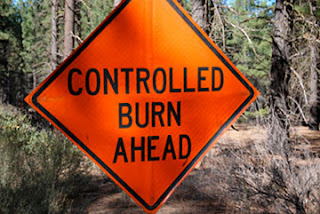Triumphal Entry
by Steve Garnaas-Holmes
His “triumphal entry,” they call it,
riding into the city on a donkey.
Listen, you can tell where this is going
just by looking at him.
Dust of the roads on his feet,
speckled by sinners’ tears.
The smell of fish and baking bread,
incense and lepers on his clothes,
blood on the hem of his garment,
the frame of a man who walks a lot.
Rough knees and kind hands.
Eyes that sparkle with sadness,
everyone’s sadness, taking it all in,
and a smile that weeps with you,
that knows a world’s sorrow
without telling, and a world’s joy.
See how he notices the burdened ones,
the weepers and limpers,
the crutched and shunned ones,
old ones who hover in doorways,
a ragman collecting shame and shadows,
and those who live in them,
how it seems as if he’s gathering names?
Feel that wind? This praise is a spring snow:
it will soon vanish into what we really mean.
These are his royal subjects,
the cast-off and mangled,
possessed and dispossessed.
He draws these tatters and disasters into a kingdom,
rides his patient donkey down the road,
down into the crowd where it opens like a wound,
resolutely down into the tragedy and our longing
where we feed on him and he is with us.
No threats can stop him,
no force, no cross deter him from this,
(and not some aftermath) his hope, his throne,
his triumph.
by Steve Garnaas-Holmes
His “triumphal entry,” they call it,
riding into the city on a donkey.
Listen, you can tell where this is going
just by looking at him.
Dust of the roads on his feet,
speckled by sinners’ tears.
The smell of fish and baking bread,
incense and lepers on his clothes,
blood on the hem of his garment,
the frame of a man who walks a lot.
Rough knees and kind hands.
Eyes that sparkle with sadness,
everyone’s sadness, taking it all in,
and a smile that weeps with you,
that knows a world’s sorrow
without telling, and a world’s joy.
See how he notices the burdened ones,
the weepers and limpers,
the crutched and shunned ones,
old ones who hover in doorways,
a ragman collecting shame and shadows,
and those who live in them,
how it seems as if he’s gathering names?
Feel that wind? This praise is a spring snow:
it will soon vanish into what we really mean.
These are his royal subjects,
the cast-off and mangled,
possessed and dispossessed.
He draws these tatters and disasters into a kingdom,
rides his patient donkey down the road,
down into the crowd where it opens like a wound,
resolutely down into the tragedy and our longing
where we feed on him and he is with us.
No threats can stop him,
no force, no cross deter him from this,
(and not some aftermath) his hope, his throne,
his triumph.











+&+Francesco+Bassano+(Italian+Mannerist+Painter,+c.1549-1592).jpg)


















